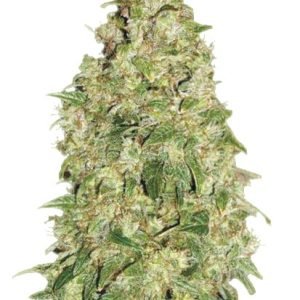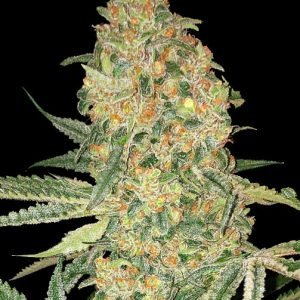Lemon Skunk
40% Indica – 60% Sativa | THC 19% | Lemon Skunk, also known as “Lemon Skunk OG,” is a zesty sativa-dominant hybrid created from two carefully selected Skunk phenotypes. This classic strain delivers an energizing yet mellow high, characterized by a skunky aroma blended with zesty lemon undertones. Its fast-hitting effects provide a buzzy energy that lifts your spirits and leaves you feeling happy and invigorated, making it the perfect pick-me-up for any time of day.
——————————————————————————
Is it legal to buy Cannabis seeds in Australia?
- Cannabis seeds do not contain any illegal properties on their own and can be purchased for collectable/souvenir purposes only in Australia. If you live in the ACT or have a medicinal license, these laws may not apply to you. Learn more about current Australian legalization laws.
How can I buy Cannabis seeds in Australia?
- SeedsPlease are an Aussie based seed bank and depending on the time of year, may have Lemon Skunk Auto Cannabis Seeds available for souvenir / collectable purposes only. They have heaps of positive reviews, but note that they will not support germination….

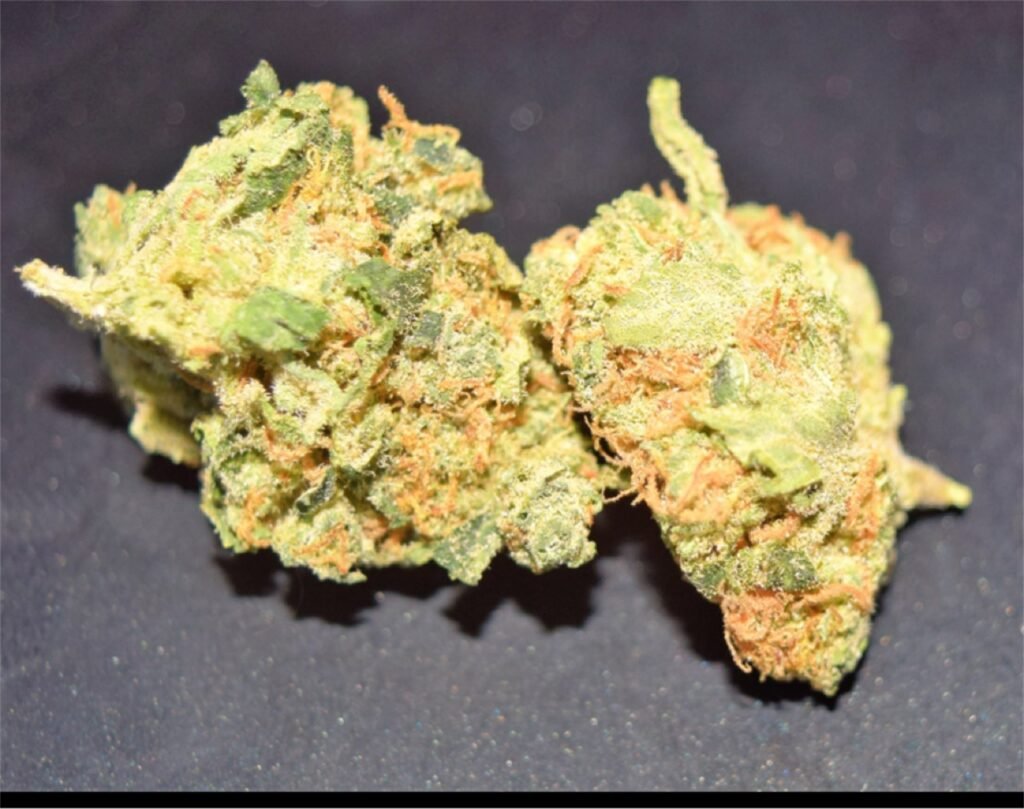
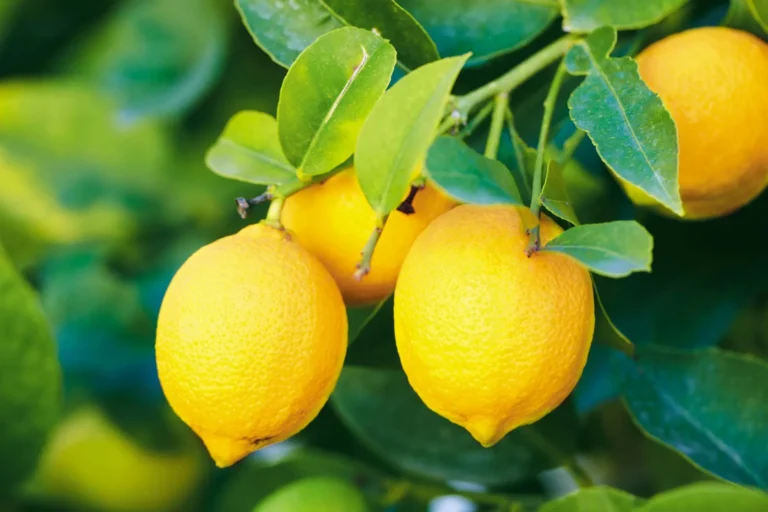



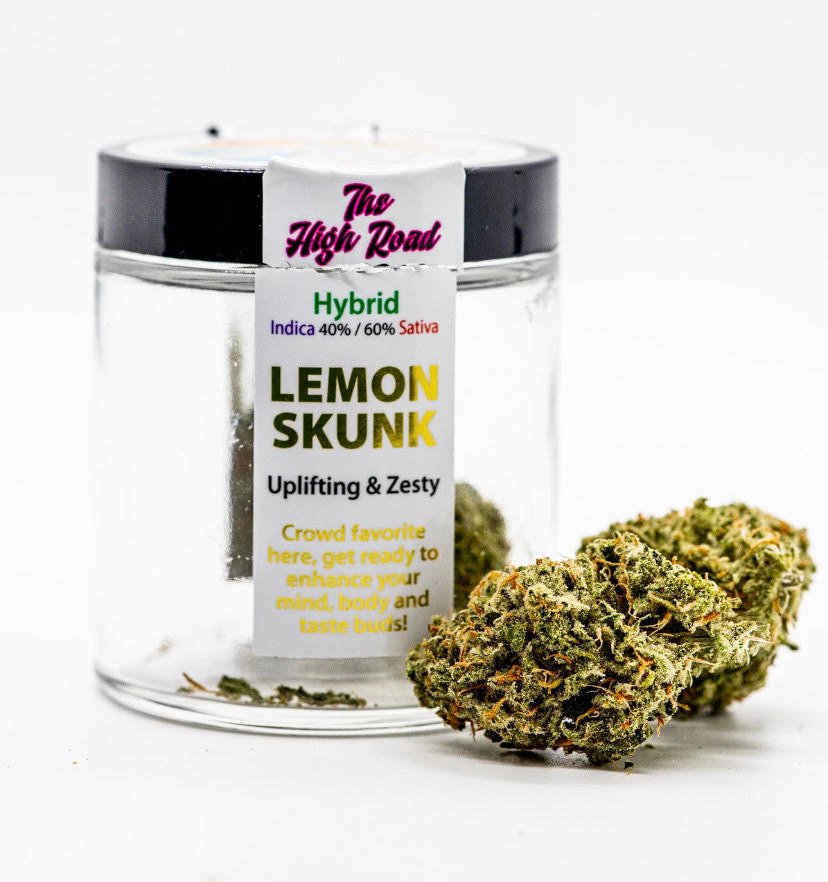
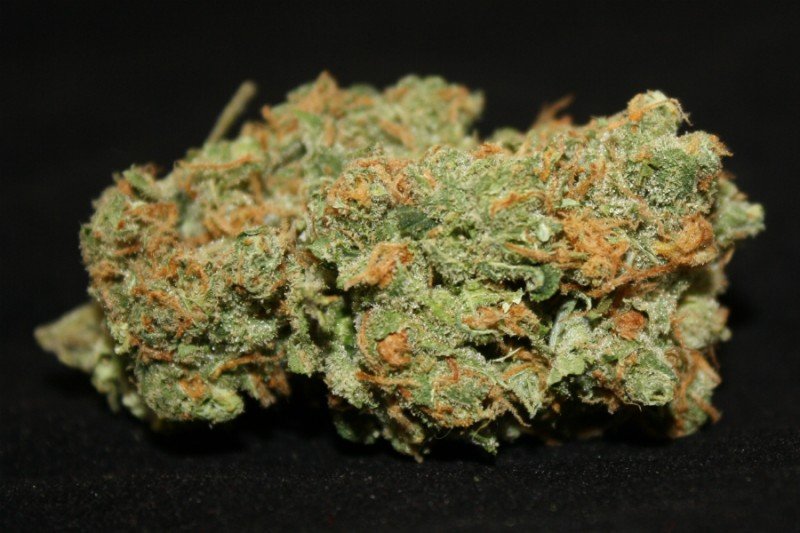
Lemon Skunk Feminized Cannabis Growing Information
Genetics and Origins
Lemon Skunk, a sativa-dominant hybrid, was created from two hand-picked Skunk phenotypes. This strain stands out with its energizing yet mellow effects, making it a favorite among cannabis enthusiasts.
Effects and Medical Benefits
Lemon Skunk is known for its uplifting and euphoric effects, providing a quick energy boost and enhancing creativity. It’s ideal for lifting your mood and increasing productivity. Medicinally, it’s used to relieve symptoms of depression, anxiety, and mild aches and pains. However, be mindful of potential side effects, such as dry mouth and eyes.
Growing Tips
Whether you’re growing indoors or outdoors, Lemon Skunk thrives in well-drained soil and a warm, sunny climate. Indoors, keep the temperature between 72-80°F and maintain low humidity to prevent mildew. Topping, or trimming the upper leaves, helps maximize light exposure. Outdoors, ensure good airflow and nutrient-rich soil, especially after rain, for the best yield.
Sensory Experience
Lemon Skunk’s aroma and flavor are a citrus lover’s dream. Its skunky scent is mixed with zesty lemon undertones, creating a refreshing and tangy experience. The buds are visually appealing, often showcasing vibrant green and yellow hues with a frosty layer of trichomes.
Make sure your plant receives maximum sunlight and a high EC of 2.0 – 3.0 for best results. During the bloom phase we recommend the Nutrifield Organic Bud Burst product for insane results! Simply add Bud Burst as an organic supplement to your existing nutrient regime from week 4-5 on for next level bud formation with a super clean, premium quality organic finish. Highly recommended!
Strain Specifications
- Type: 40% Indica 60% Sativa
- THC Level: Very High (18 – 24%)
- Effects: Energetic, Uplifting, Happy
- Flavors: Lemon, skunk, Citrus
Cultivating Lemon Skunk Cannabis Strain
Cultivating Lemon Skunk can be a rewarding experience, whether you’re a seasoned grower or a beginner. Below, we’ll provide you with essential information on the best growing conditions, expected yield, harvest time, and tips for successful cultivation.
Ideal Growing Conditions
Lemon Skunk thrives in a climate similar to the Mediterranean, enjoying warm temperatures and abundant sunshine. It’s best suited for outdoor cultivation in regions with a Mediterranean-like climate, but it can also be grown indoors with proper environmental controls.
For indoor cultivation, maintain a consistent temperature of 68-80°F (20-27°C). Ensure the plants receive adequate light exposure by using high-quality grow lights or setting up a well-lit grow room. Lemon Skunk prefers a well-draining, nutrient-rich soil. Organic soil mixes or hydroponic systems are both suitable options. Proper ventilation and airflow are crucial to prevent mold and mildew issues.
Yield and Harvest Time
Lemon Skunk is known for its generous yields, making it popular among commercial growers. The actual yield depends on various factors such as the environment, cultivation techniques, and the specific phenotype of the strain.
Indoor plants typically yield around 1.5 to 2.5 ounces (42-70 grams) of buds per square foot. Outdoor yields can vary significantly but may reach up to 3 pounds (1.4 kilograms) per plant under optimal conditions.
Harvest time for Lemon Skunk usually occurs between 8 to 9 weeks of flowering, starting from the onset of the flowering stage. Outdoor growers can expect to harvest their plants from late September to early October, depending on local climate conditions.
Tips for Successful Cultivation
- Provide ample sunlight or high-quality grow lights.
- Maintain a temperature range of 68-80°F (20-27°C).
- Use well-draining, nutrient-rich soil.
- Ensure proper ventilation to prevent mold and mildew.
- Monitor humidity levels to avoid excess moisture.
- Harvest at the right time to maximize yield and potency.
Feeding
- All Cannabis strains, require a full spectrum nutrient complete with the macro nutrients such as Nitrogen, phosphorus, and potassium and the secondary nutrients and micronutrients like, calcium, sulphur, hydrogen, magnesium, manganese, carbon, iron, zinc etc.
- Cannabis are big feeders! Make sure it has all the nutrients it needs, particularly in the flowering stage, to help the buds become dense. Using soil is slightly more forgiving if you overdo it with the nutrients. If you are using a good quality soil, it will have a lot of nutrients in there already, so there is no need to add any during the seedling stage.
- During the vegetative phase you will need to give your plant twice as much nitrogen as phosphorus, and three times more nitrogen than potassium. The nutrient ratios to look for on the bottle will be either 6-3-2 or 18-9-6. You should also add in some sulphur, magnesium, and calcium.
- During the flowering stage, change the ratio so you are using up to three times more phosphorus than nitrogen and potassium. Also continue to add in secondary nutrients such as iron, copper, and manganese. Make sure to use orgnanic Bud Burst during flowering all the way as this will ensure a smooth finish with no chemical taste. Amazing stuff!
- For organic grows, we recommend Aptus Baseboost organic nutrient with coco/perlite 70/30 ratio. This stuff is highly concentrated so a little goes a long way making it great value. Simply add the pellets to the coco as per the instructions and it will completely transform any inert growing medium into a powerful full spectrum grow media..
Growing Tips
- Your Lemon Skunk strain will need consistent air flow and good ventilation, whether you are choosing the perfect spot for an outdoor grow, or are growing in an indoor grow room. They need air that is rich in oxygen, to help prevent respiration, deter any pests, and allow your plant to grow healthy and strong. Use fans to help circulate air, or if you can afford it, exhaust systems are an excellent choice.
- Marijuana plants are either male or female. The male flower produces sacs or pollen designed to fertilize the female flower which produces white pistols designed to absorb the pollen. If no male plants are present in the growing area, than the female plant will just grow larger and larger flowers in search of pollen. These flowers are the cannabis buds that we all know and love. The male plants hold only minuscule amount of THC, while the female flowers are oozing with THC crystals (the good stuff). For this reason, marijuana growers are seeking only female plants in the grow room (unless they want alot of seedy buds).Feminsed seeds have been cultivated in a precise way so that the seed is genetically more likely to produce a female plant. Autoflower seeds automatically transition from the vegetative phase to the flowering stage without you needing to adjust their light exposure. Fore more detailed growing information, see our in depth grow guide.
Related products
-
Sativa Dominant, Strain Info
Dubai Poison Feminized
0 out of 5(0)100% Sativa | THC 8-20% Dubai Poison has a really complex flavor and aroma, with notes of lemon and spices. The effect it provides is potent, clear, and cerebral. This legendary strain has gained popularity worldwide for it’s energetic, uplifting effects. Durban is the perfect strain to help you stay productive through a busy day when exploring the outdoors, or to help you get creative.
——————————————————————————
Is it legal to buy Cannabis seeds in Australia?
- Cannabis seeds do not contain any illegal properties on their own and can be purchased for collectable/souvenir purposes only in Australia. If you live in the ACT or have a medicinal license, these laws may not apply to you. Learn more about current Australian legalization laws.
How can I buy Cannabis seeds in Australia?
- Seeds Please Australia offer rare & heirloom seed varieties and will have a selection of Dubai Poison Cannabis Seeds available very soon (August/September) strictly for souvenir / collectable purposes only. They have heaps of positive reviews, but note that they will not support germination….
SKU: n/a -
Sativa Dominant, Strain Info
Tropical Coconut
0 out of 5(0)30% Indica – 70% Sativa | THC 24% | This exciting sativa dominant strain has intense long-lasting with a THC content of 24%. It is a genetic mix of Green Scout Cookies and Tangie, giving it that nice citrus aroma with earthy and fruity undertones, described to taste similar to berries and grapes.
——————————————————————————
Is it legal to buy Cannabis seeds in Australia?
- Cannabis seeds do not contain any illegal properties on their own and can be purchased for collectable/souvenir purposes only in Australia. If you live in the ACT or have a medicinal license, these laws may not apply to you. Learn more about current Australian legalization laws.
How can I buy Cannabis seeds in Australia?
- Seeds Please offer rare & heirloom seed varieties. They are currently out of stock but will have Auto Tropical Coconut available in the near future for souvenir / collectable purposes only. They have loads of quality reviews….
SKU: n/a -
Sativa Dominant, Strain Info
Bruce Banner Feminized
0 out of 5(0)25% Indica – 55% Sativa – 20% Ruderalis | THC 23% | This strain is followed by a cult over the years. It is loved for its distinct earthy, woody flavor with a sweet strawberry undertone. It is great for an energizing, motivational high filled with creativity and warmth. This plant is medium-sized and grows well indoors and outdoors.
——————————————————————————
Is it legal to buy Cannabis seeds in Australia?
- Cannabis seeds do not contain any illegal properties on their own and can be purchased for collectable/souvenir purposes only in Australia. If you live in the ACT or have a medicinal license, these laws may not apply to you. Learn more about current Australian legalization laws.
How can I buy Cannabis seeds in Australia?
- CG Australia offer rare & heirloom seed varieties and sometimes will have Auto Bruce Banner available for souvenir / collectable purposes only. They have loads of quality reviews….
SKU: n/a -
Indica Dominant, Strain Info
Bubblegum Feminized
0 out of 5(0)80% Indica – 20% Sativa | THC 20 – 27% | This strain has large bubbly buds with a powerful high that offers great emotional and physical relief. This fruitful strain offers flavors of bubblegum, fruits, spices, bitterness, and earthiness.
——————————————————————————
Is it legal to buy Cannabis seeds in Australia?
- Cannabis seeds do not contain any illegal properties on their own and can be purchased for collectable/souvenir purposes only in Australia. If you live in the ACT or have a medicinal license, these laws may not apply to you. Learn more about current Australian legalization laws.
How can I buy Cannabis seeds in Australia?
- CG Australia offer rare & heirloom seed varieties and sometimes will have Bubblegum Feminized available for souvenir / collectable purposes only which have loads of quality reviews….
SKU: n/a

